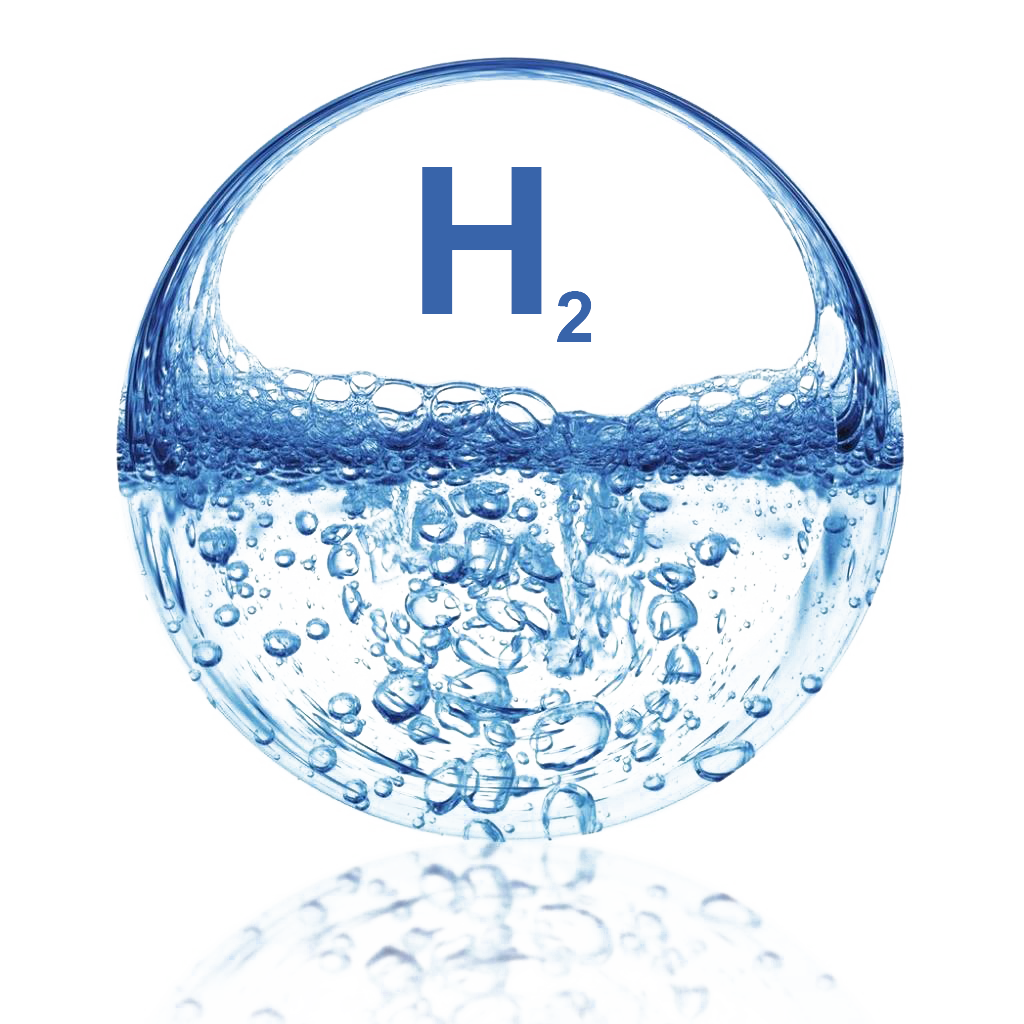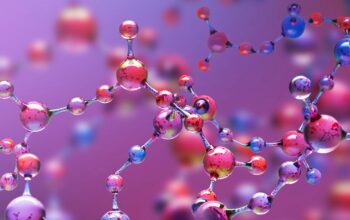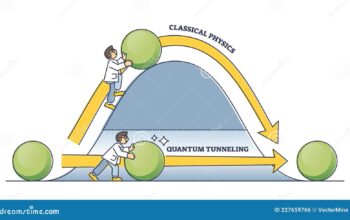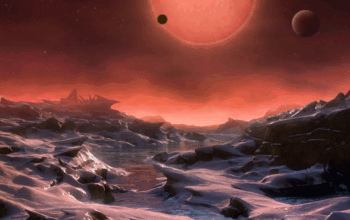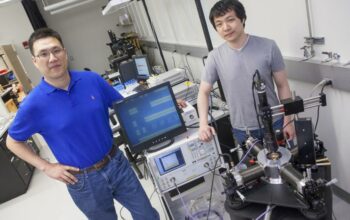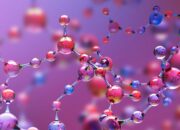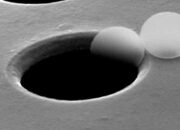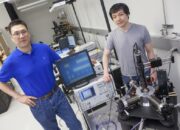Hydrogen, the simplest and most abundant element in the universe, occupies a paradoxical position in the pantheon of the atomic world. At first glance, it may seem straightforward to classify hydrogen solely as an element; however, delving deeper into the nuances of chemistry unlocks a more intricate understanding that allows us to appreciate the essence of this extraordinary constituent of matter. To frame the discourse, we may liken hydrogen to the symphony of a musical composition, where its role is pivotal yet often understated.
The Fundamental Nature of Elements
An element, in its essence, is a substance that cannot be broken down into simpler substances using chemical means. It is a foundational building block of matter. Elements are characterized by a specific number of protons within their atomic nuclei, known as the atomic number. For hydrogen, this atomic number is one, signifying that it possesses a single proton. This simplicity belies its profound implications in both the cosmic and terrestrial realms.
Atoms: The Structural Units of Elements
Atoms serve as the structural units that make up elements. An atom consists of a nucleus, which houses protons and neutrons, surrounded by a cloud of electrons. Herein lies another layer of complexity: while hydrogen is indeed an element, it concurrently embodies the archetypical atom. With only one proton and one electron, hydrogen’s atomic structure is the epitome of minimalism, yet it is intricately involved in a multitude of chemical processes. This duality positions hydrogen at the intersection of elemental identity and atomic structure, rendering it a fascinating subject for inquiry.
The Uniqueness of Hydrogen
What truly sets hydrogen apart is its unique appeal as the most prevalent element in the universe, constituting approximately 75% of its elemental mass. This dominance is not merely quantitative; qualitatively, hydrogen serves as the bedrock for the fabrication of more complex elements through stellar nucleosynthesis. Just as a seed harbors the potential for an entire tree, hydrogen’s role in the formation of stars and planets illustrates its nascent importance in the cosmic narrative.
Hydrogen in Molecular Form
Hydrogen in the Universe and Everyday Life
Hydrogen’s elemental and atomic characteristics find applications spanning from the cosmic expanse to the quotidian experience. In the cosmos, hydrogen acts as a primordial fuel, powering stars and fueling the processes that lead to the creation of galaxies. Conversely, on Earth, it manifests in numerous forms, ranging from the water we consume to the hydrogen fuels gaining traction in the quest for sustainable energy solutions. This omnipresence makes hydrogen a quintessential element, interwoven into the realities of existence.
Philosophical Considerations
The inquiry into whether hydrogen is an element or an atom consequently leads to a philosophical contemplation of identity in science. Is it not reminiscent of the age-old debate surrounding the essence of a being? An element speaks to a classification—an identity encapsulated by the periodic table, while an atom delves into the substructure of that identity, revealing the intricacies of relationships between protons, neutrons, and electrons. This dialectic invites reflection on how scientific nomenclature may obscure or illuminate deeper truths about nature.
Conclusion: The Symphony of Science
Thus, the relationship between hydrogen as an element and hydrogen as an atom embodies a symphonic interplay of simplicity and complexity. It is a captivating narrative that spans the breadth of the universe, extending into the profundities of chemical reactivity and the origins of life itself. Hydrogen, with its singular proton, stands as a paragon of both the elemental and the atomic, a nexus from which myriad possibilities unfurl. In an age where scientific understanding is continually revolutionized, the exploration of hydrogen serves as a pertinent reminder of the elegance inherent in the natural world—a world where the smallest of particles orchestrate the grandest of phenomena.
